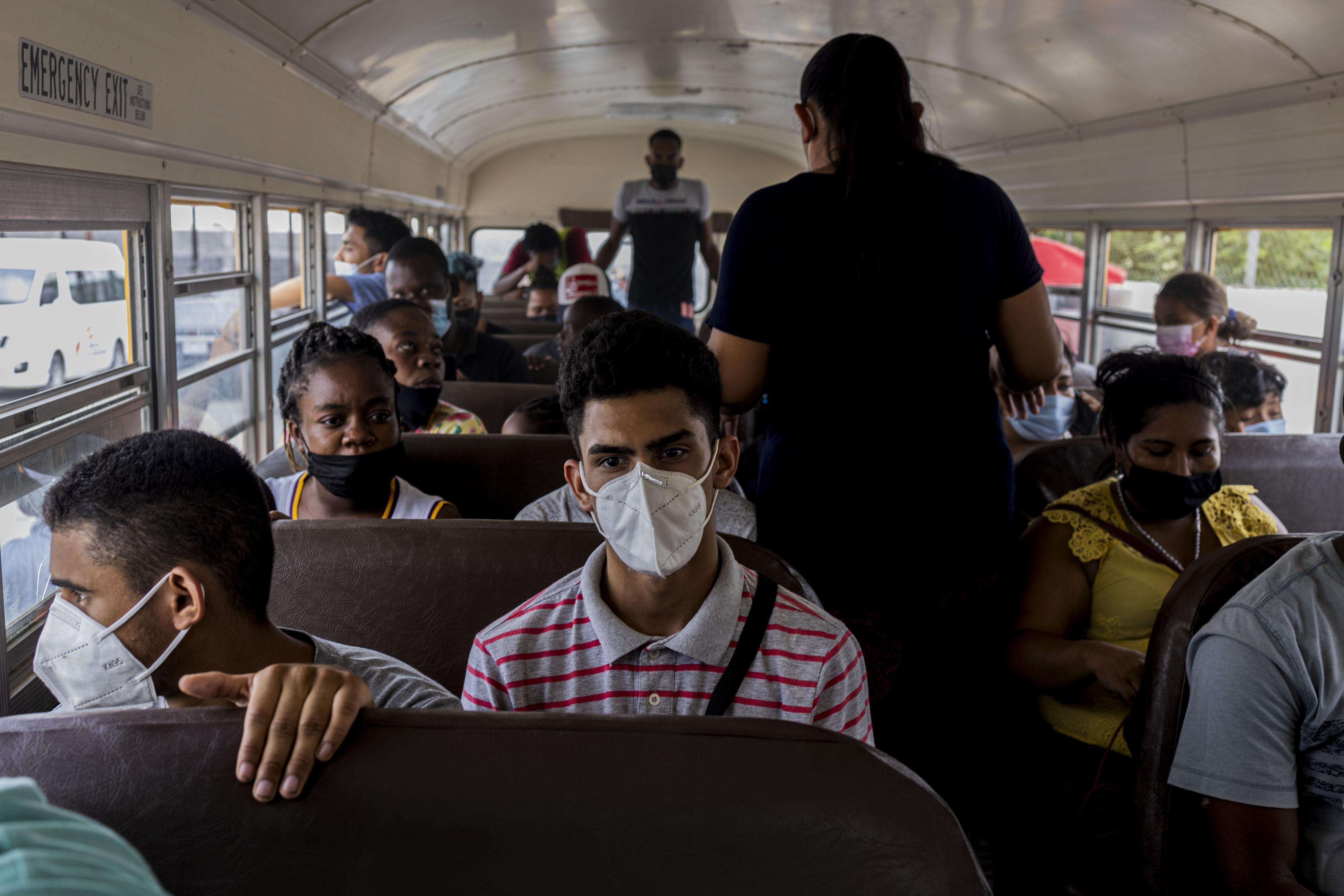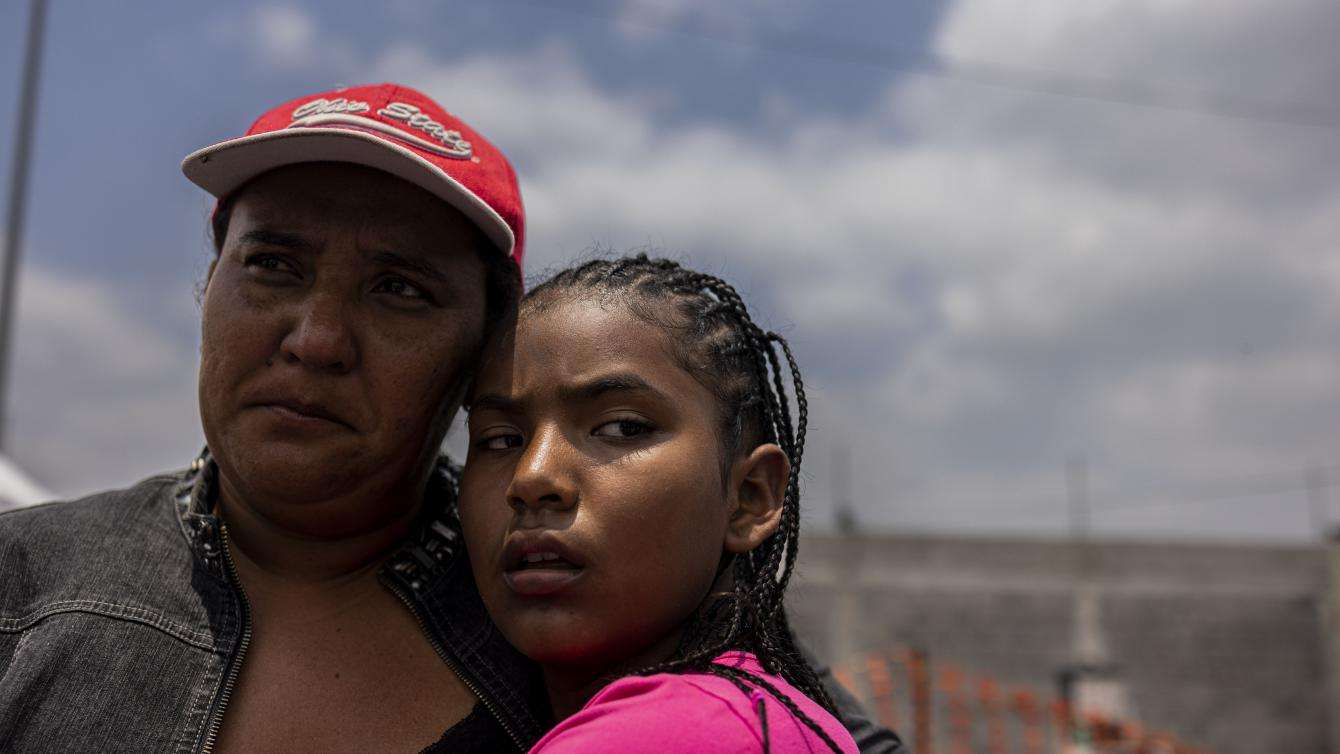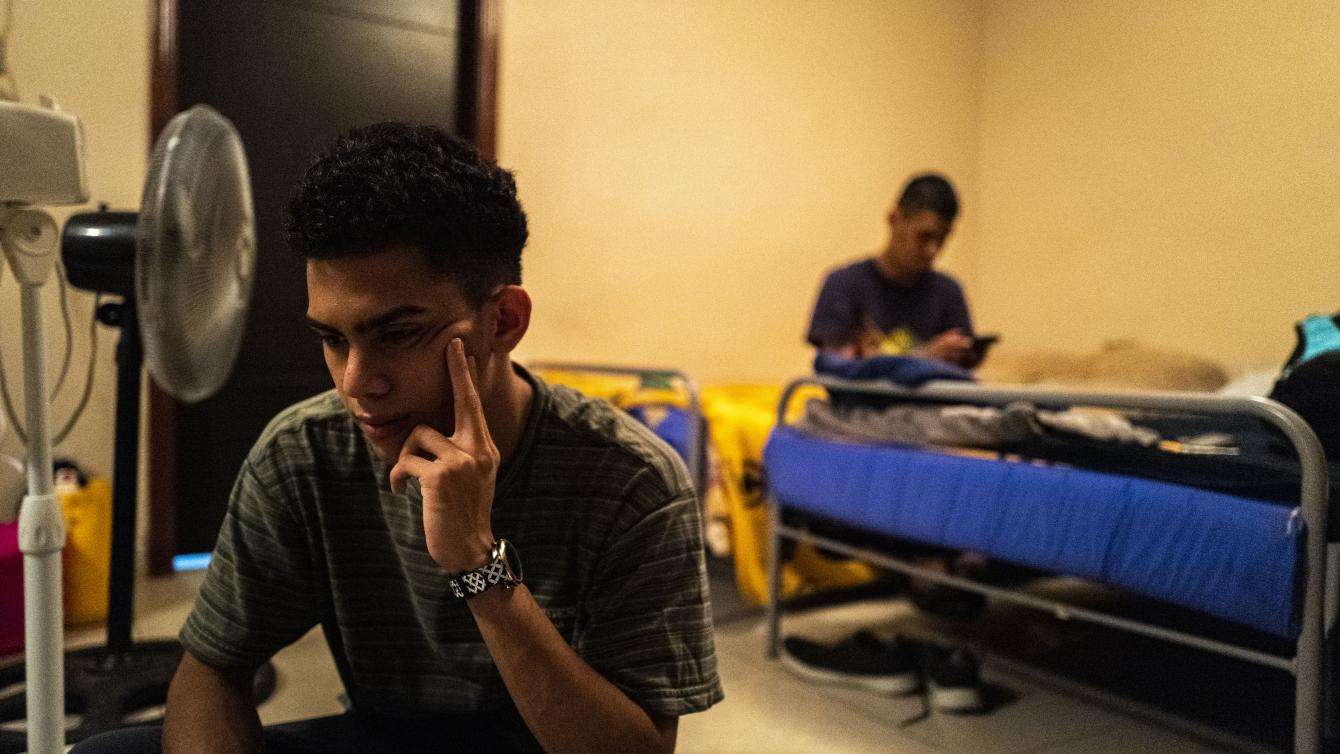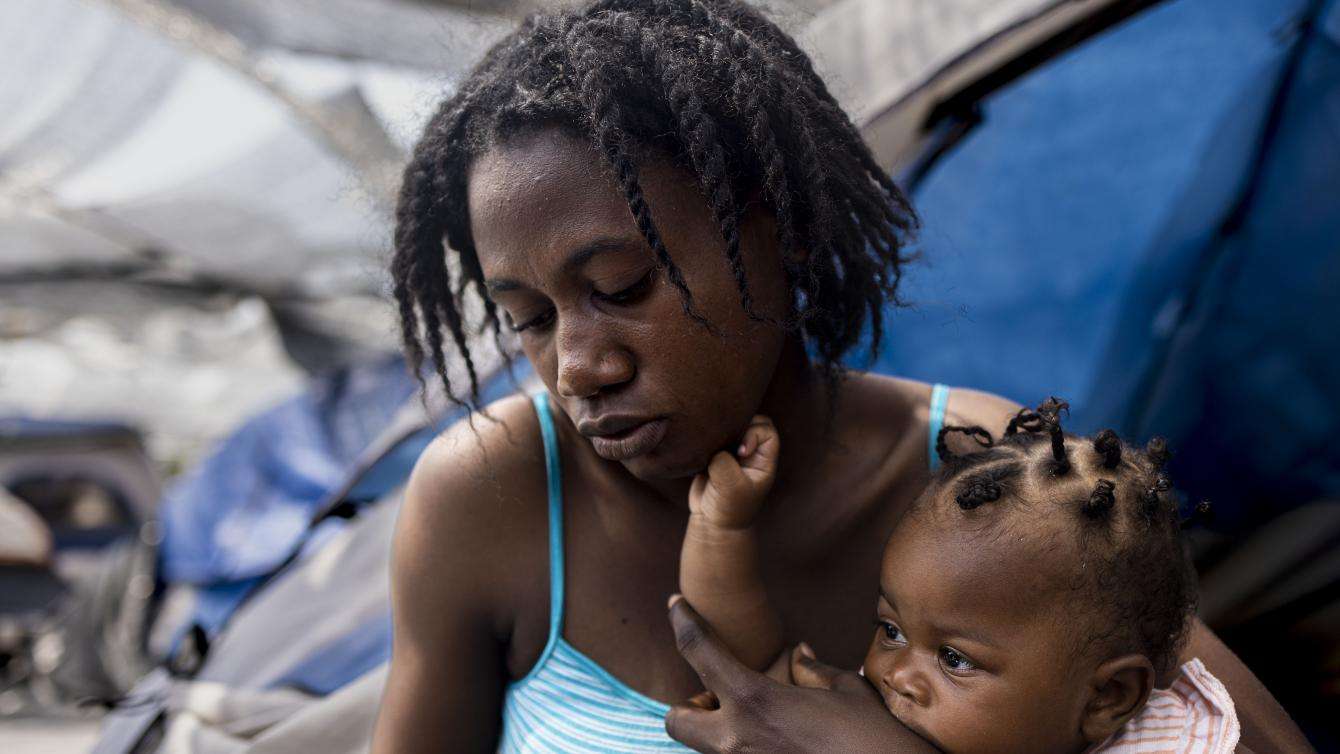Thousands of people from all over the world make a treacherous journey each year through Mexico towards the United States fleeing extreme violence, political instability, and the economic impacts of weather events. The stories many of these people share with Doctors Without Borders/Médecins Sans Frontières (MSF) teams are heartbreaking: families jumping into raging rivers at risk of being swept away, parents afraid they may be separated from their children at every stage of the journey, people who could be threatened, kidnapped, or killed in the country of their birth.
MSF works at many points along this busy and dangerous migration route to help ensure people receive emergency medical and mental health care.
Reaching people where they are
In Mexico City, MSF runs the Comprehensive Care Center (CAI), which offers special assistance to people who have experienced extreme violence or torture on their journeys. Since 2018, the CAI has helped hundreds of people connect with badly needed resources and heal from deep trauma.

In 2021, MSF sent a team to Tapachula, in southern Mexico, near the border with Guatemala. This team was there to offer assistance to hundreds of people among the more than 40,000 migrants who had been left without housing or essentials including food and sanitation.
In the city of Reynosa, in northern Mexico, MSF teams provide primary health consultations, mental health counseling, and clean drinking water for thousands of people who are stranded near the border. While these people can almost see the United States from where they’re living, they remain trapped with few options, and no resources.
Failed policies endanger lives
For two years, under a policy known as Title 42, the United States government has used the COVID-19 pandemic as an excuse to essentially close its southern border to asylum seekers. Title 42 allows the blocking and rapid expulsion of people seeking protection at the US border under the pretense of protecting public health. It has been used to authorize more than 1.9 million expulsions from the US.
Title 42 is not the only US policy putting migrants and asylum seekers in harm’s way. Last year, following a federal court order, the Biden administration reinstated the Migrant Protection Protocols, commonly known as “Remain in Mexico.” Under MPP, asylum seekers are sent back to Mexico to await their asylum proceedings. Though the US Supreme Court granted the Biden administration the legal authority to end the MPP program on June 30, it has created a huge backlog of people awaiting asylum hearings who have little hope of entering the United States legally, but nowhere else to go.
The US Centers for Disease Control and Prevention (CDC) issued a decision to terminate the order on May 23, but last month, three days before it would have ended, a federal judge blocked the CDC from stopping Title 42.
Shelters in Mexico are limited, and many people forced back from the border are out on the street or in unsafe, overcrowded makeshift camps, without reliable access to basic services and health care. They are in constant danger of violence.

MSF has condemned both MPP and Title 42. These policies are cruel and put asylum seekers and migrants in immediate danger. They have profound impacts on the mental and physical health of people who left their countries of origin.
Every day our teams in Mexico see more people suffering as a result of these policies. We continue to witness the threats that asylum seekers and migrants face in Mexico, their constant exposure to violence and trauma, and their lack of access to shelter and basic services. The US and Mexico must work together to build a safe and humane migration policy that protects vulnerable people.






